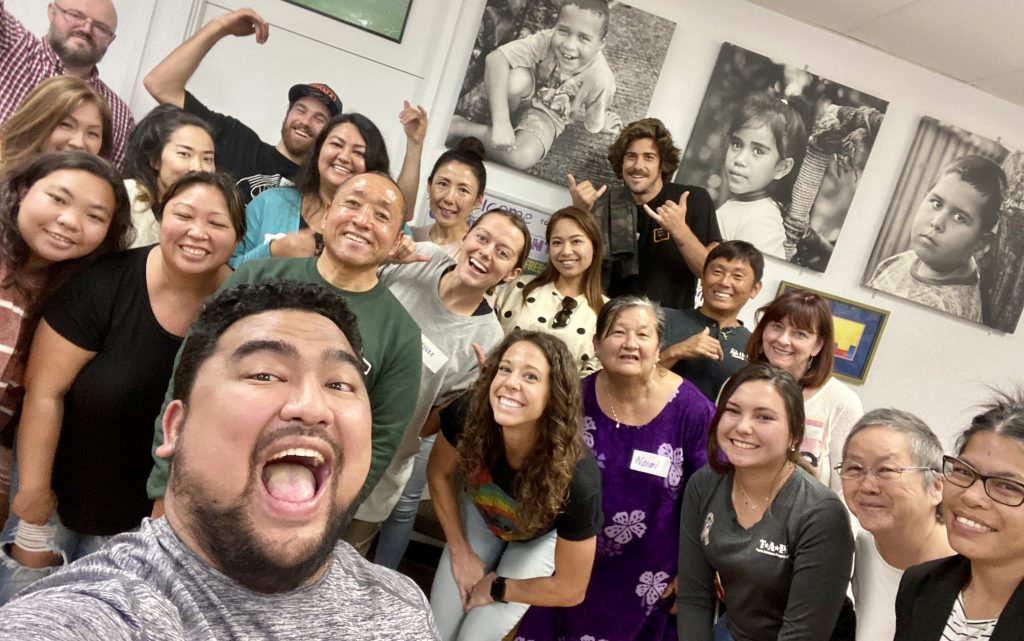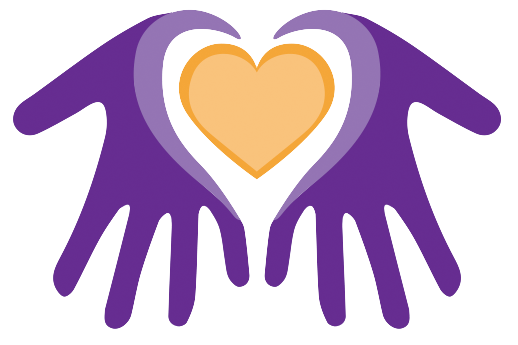Children and teens with grief and trauma need adults to provide safe spaces, care, and support.
Often there is too little understanding and up-to-date information about grief and trauma in young children and teens. Kids Hurt Too Hawaii has provided training to more than 9,500 people since its inception. We have offered this kind of support to not only our volunteer facilitators, but to other nonprofit organizations, schools, and counselors. We can offer CEU’s for licensed social workers. Training programs develop the knowledge base and practical tools for the best possible care when engaging children impacted by loss and trauma.
The training content and process are created and provided by Cynthia White, M.A.E., a co-founder and the current Training Director of Kids Hurt Too Hawaii. She has 42 years of experience.
Locally founded, our Hawaii-based program offers peer support groups and mentoring programs designed especially for youth affected by grief and trauma. To become a volunteer facilitator, please contact Kids Hurt Too Hawaii (KHTH) at 808-545-5683. Volunteers are asked for a one-year commitment that may involve as little as 4 hours a month once the training is completed. Volunteers must be at least 16 years old. We do screenings of all volunteers and cannot guarantee acceptance as facilitators or mentors once they complete training. Volunteers must complete a mentoring orientation before taking part in any mentoring programs. Children and teens are always engaged in a group with other children.

Anyone can access our training without the one-year volunteering commitment. Please contact us to learn more about this arrangement and what we charge for the training. For those who volunteer in our peer-support groups, training is offered at a reduced cost.
Dates for training events are to be determined (TBD) and set after a minimum number of people have registered. Most courses are provided on weekends or evenings unless we are contracted to provide training to groups by request.
“We can’t prevent domestic violence, victimization of children, and loss of family members. But, we can provide resources that help children cope with those difficult situations.” – Cynthia White, Co-Founder & Executive Director.
